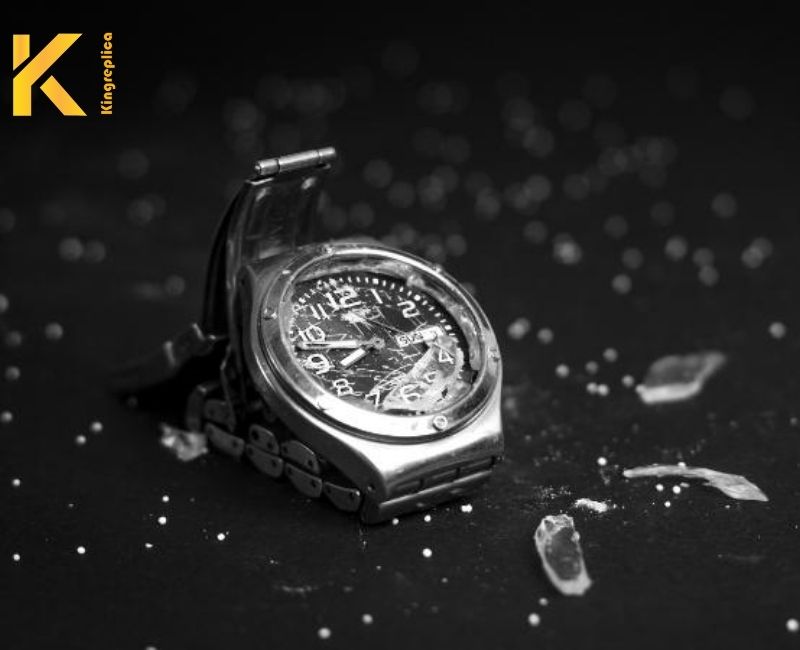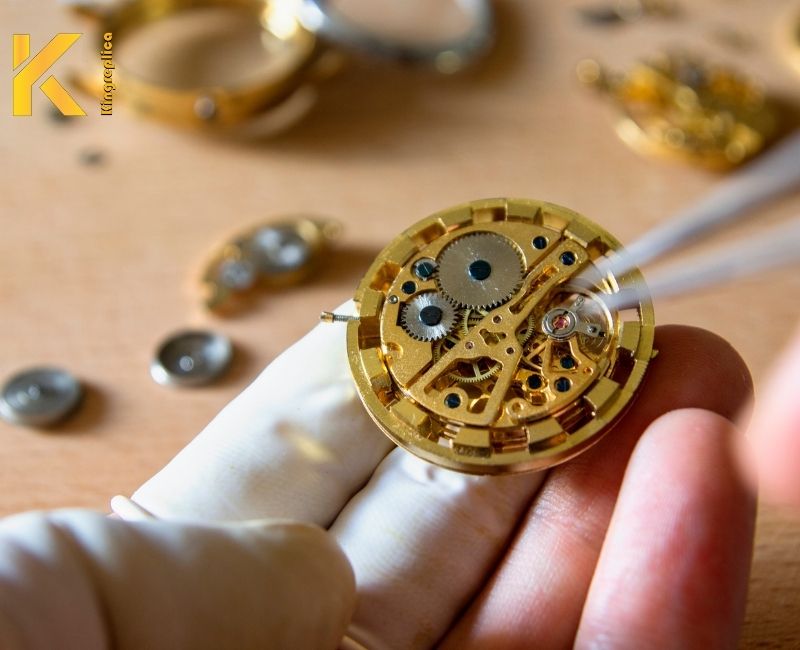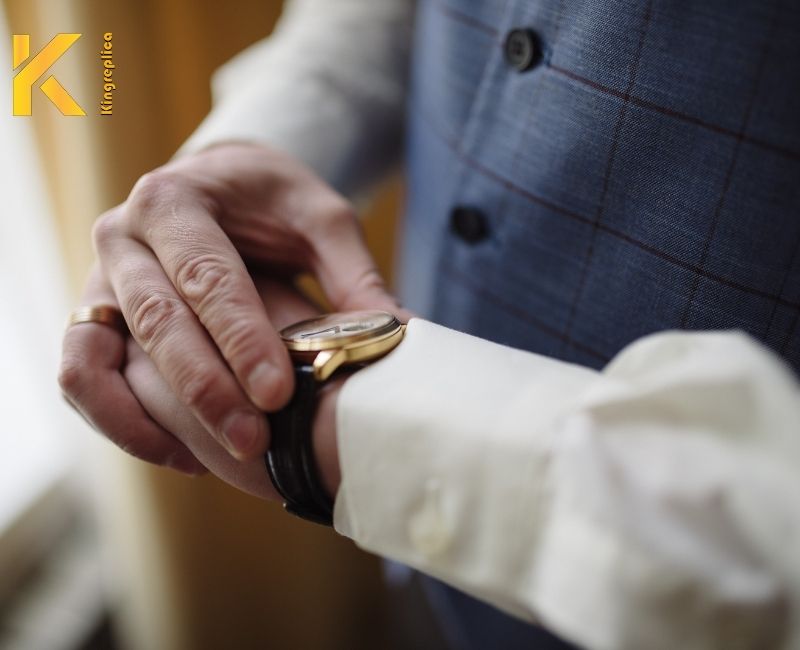Blog Replica Watch
Understanding Mechanical Watch Lifespan and How to Prolong It
Many watch enthusiasts often wonder: how long does a mechanical watch last? In reality, its lifespan depends largely on the movement quality and daily usage habits. Whether you’re already wearing one or planning to buy, this guide from King Replica will help you understand the key factors affecting mechanical watch lifespan and how to maintain it for lasting performance.

1. How Long Does a Mechanical Watch Last?
A well-maintained mechanical watch can typically last around 10 years. Higher-end models may endure 20 to 50 years, and in some cases, even over 100 years if serviced regularly. Entry-level pieces, however, may deteriorate after just 1–2 years without proper care. Longevity is determined by movement quality, wear frequency, and storage conditions.
2. Common Causes That Shorten Mechanical Watch Lifespan
Despite their intricate construction, mechanical watches are sensitive to misuse. Here are the most common factors that negatively affect their durability and accuracy:
- Strong impact: Drops or hard knocks can shift gears, break components, or stop the movement altogether. Mechanical calibers are highly delicate and vulnerable to shock.
- Magnetic exposure: Devices like phones, speakers, and computers emit magnetic fields. Prolonged exposure can magnetize the movement, causing it to run fast, slow, or erratically.
- Improper winding: Overwinding or winding too forcefully may break the mainspring or wear down the winding stem, reducing power reserve stability.
- Extreme temperatures: High heat expands metal parts, while low temperatures cause contraction. Both can introduce inaccuracies. Fluctuations also degrade lubricating oils.
- Moisture: Water or humidity entering the case can rust internal components. If left untreated, this will reduce precision and compromise function.

3. Tips to Extend the Lifespan of Your Mechanical Watch
3.1 Avoid Wearing in High-Humidity Environments
Even water-resistant models can suffer when exposed to steamy or wet settings like saunas, bathrooms, or pools. Moisture may seep into the case and cause corrosion. To protect your watch, remove it before entering humid areas.
3.2 Regular Servicing—Never DIY Repairs
Mechanical watches should be serviced every 3 to 5 years. A full service includes cleaning, oiling, and recalibration. Do not attempt to open or repair the watch yourself. These mechanisms are extremely intricate, and improper handling can result in costly damage.

3.3 Wind Your Watch Properly and Regularly
Proper winding keeps the movement running smoothly. For manual-wind watches, rotate the crown 15–20 times daily with steady, gentle pressure. For automatic watches that aren’t worn daily, hand-wind them every 2–3 days. Avoid over-winding, which may break the mainspring.
3.4 Use a Watch Winder for Storage
A watch winder helps keep automatic watches running when not worn regularly. It mimics wrist motion to maintain tension and prevent lubricant from drying out. High-end winders also offer smart rest modes to minimize mechanical wear over time.
3.5 Keep Away from Strong Magnetic Fields
Magnets can disrupt a watch’s precision. To avoid this, don’t store your mechanical watch near phones, televisions, speakers, or other electronics. Maintain a minimum distance of 15–30cm from such devices.
3.6 Avoid Adjusting Time Between 8 PM and 4 AM
This period is when the date-change mechanism is engaged. Adjusting time during these hours may cause gear misalignment or damage. It’s best to set the time during the day, outside the calendar engagement window.

4. How to Estimate the Lifespan of a Mechanical Watch
While there’s no absolute way to measure exact lifespan, you can assess its condition using the following methods:
- Check the manufacturer’s data: Reputable brands often provide estimated longevity in manuals or on their websites.
- Monitor power reserve: Fully wind the watch and track how long it runs. If it drops significantly below the listed hours, the movement may need servicing.
- Observe the Power Reserve Indicator: If your watch has one, see if the hand reaches max capacity after full winding. If not, it may signal wear in the energy storage system.
These checks can help you better understand your watch’s current state and remaining lifespan.
Understanding what affects mechanical watch lifespan—and knowing how to care for it properly—can extend its durability for decades. Whether you’re a first-time buyer or a seasoned collector, regular maintenance, proper usage, and mindful storage play a vital role. Follow King Replica for more expert insights into horology and premium replica watches.


 Tiếng Việt
Tiếng Việt